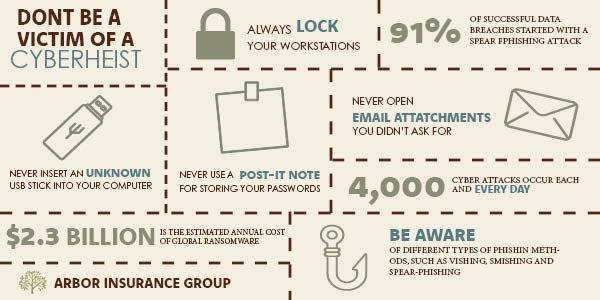
As an employer, you face a rising tide of employment practices litigation alleging discrimination, sexual harassment, retaliation, and other employment-related issues. That’s where employment practices liability insurance comes into play. We’ll work with you to help you assess and manage your risk proactively.
Hiring employees? This is the coverage you need.
It’s easy to feel as if employing people is a legal minefield. This is mainly because there is so much potential for lawsuits over wrongful termination, harassment, discrimination and workplace conditions.
What can an EPLI policy do for your business?
Employment practices liability insurance (or EPLI) covers the risk of having to payout such claims. EPLI policies often cover the business itself, as well as individuals like company directors.
Employment practices liability insurance policies are usually written to cover cases that come out of unintentional actions (or failures to act) rather than deliberate acts of discrimination or other wrongful practice.
Five common EPLI Insurance claims
- Failure to hire or failure to promote based on protected classes. These protected classes that are listed under the Americans with Disabilities Act (ADA) include, but are not limited to, deafness, blindness, diabetes, cancer and epilepsy.
- Discrimination based on age, race and gender, which involves employees or potential employees feeling they are at a disadvantage because of their age, ethnicity or gender.
- Retaliation claims. For example, when an employee alleges discrimination based on a protected status (e.g., race, gender, disability) and, in retaliation for making such a claim, the employee is treated adversely, such as receiving a demotion or a cut in hours or pay.
- Sexual harassment of a person (an applicant or employee) because of that person’s sex. Harassment can include ‘sexual harassment’ or unwelcome sexual advances, requests for sexual favors, and other verbal or physical harassment of a sexual nature.
- Wrongful termination. To qualify as wrongful termination, an employee’s contract of employment must be considered unlawfully terminated by an employer, which entails a breach of at least one, if not more, terms of the employment contract.
Get coverage that’s right for your business.
One question to ask an insurer is whether the costs of defending a claim in court count towards the payout limit for any damages. Also, look out for mention of a “claims made” basis–that’s insurance jargon that means you are only covered if the policy is active both when the alleged incident took place and when the employee makes the claim.
We can walk you through the various policies available to help determine if this type of insurance is a good fit for your business.
Arbor Insurance Group provides business insurance and other personal and business insurance products throughout the Lehigh Valley, including Allentown, Bethlehem, Easton, Emmaus, Macungie and surrounding areas.





